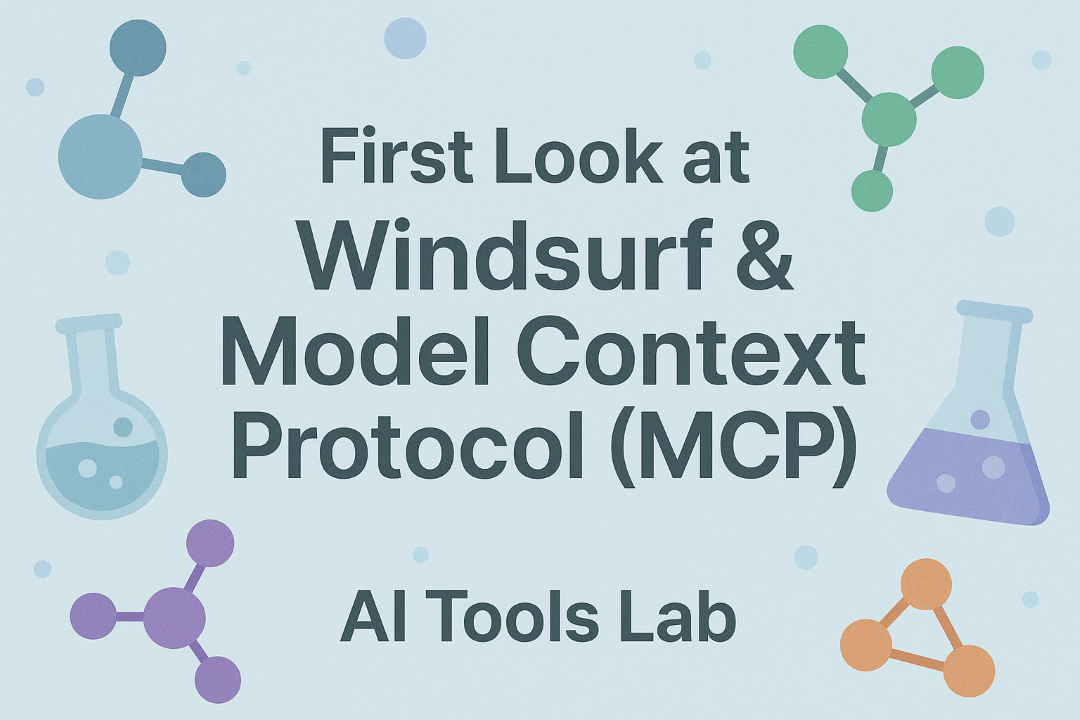
First Look at Windsurf & Model Context Protocol (MCP)
The AI code editor wars are heating up, and Windsurf just entered the ring with some interesting moves. Ryan takes this Cursor competitor for a test drive, discovering that different AI assistants have distinctly different "personalities" and workflows. From the importance of writing detailed Project Requirements Documents (they're like love letters to your AI coding partner) to the emerging Model Context Protocol that promises to connect AI tools to everything from Kubernetes to your coffee machine, this episode explores how the developer tooling landscape is evolving at breakneck speed. Plus, why your AI assistant might start forgetting things after 45 minutes of coding together.
The AI code editor wars are heating up, and Windsurf just entered the ring with some interesting moves. Ryan takes this Cursor competitor for a test drive, discovering that different AI assistants have distinctly different “personalities” and workflows. From the importance of writing detailed Project Requirements Documents (they’re like love letters to your AI coding partner) to the emerging Model Context Protocol that promises to connect AI tools to everything from Kubernetes to your coffee machine, this episode explores how the developer tooling landscape is evolving at breakneck speed. Plus, why your AI assistant might start forgetting things after 45 minutes of coding together.
Jump To
Key Takeaways
- Windsurf offers a free tier with the Cascade model, providing capable AI assistance for code completion and project planning
- Creating a detailed Project Requirements Document (PRD) before coding leads to higher quality AI output
- Different AI coding tools have different "ergonomics" that may suit different workflows
- Using multiple AI assistants in parallel can produce better results through comparing approaches
- Model Context Protocol (MCP) is an emerging standard for connecting AI tools with external services like maps, Kubernetes, and more
- AI models tend to have an "attention span" limit of around 30-45 minutes before context degradation
